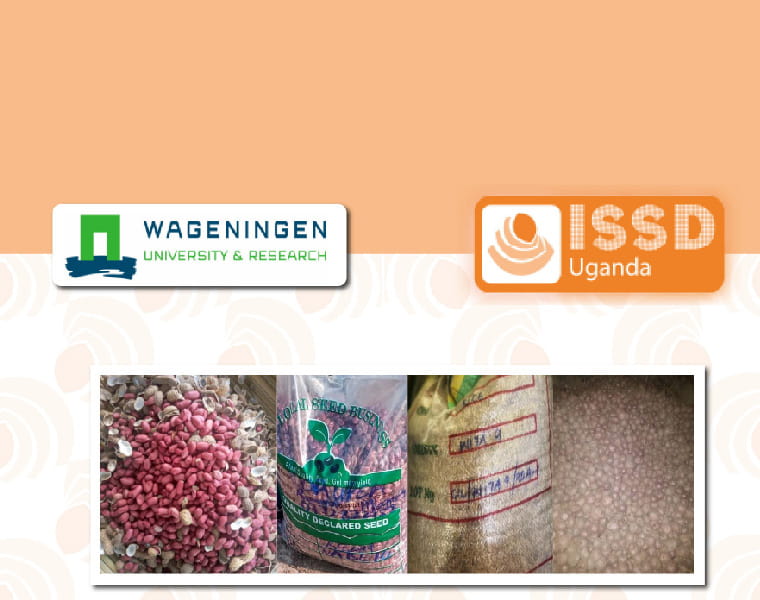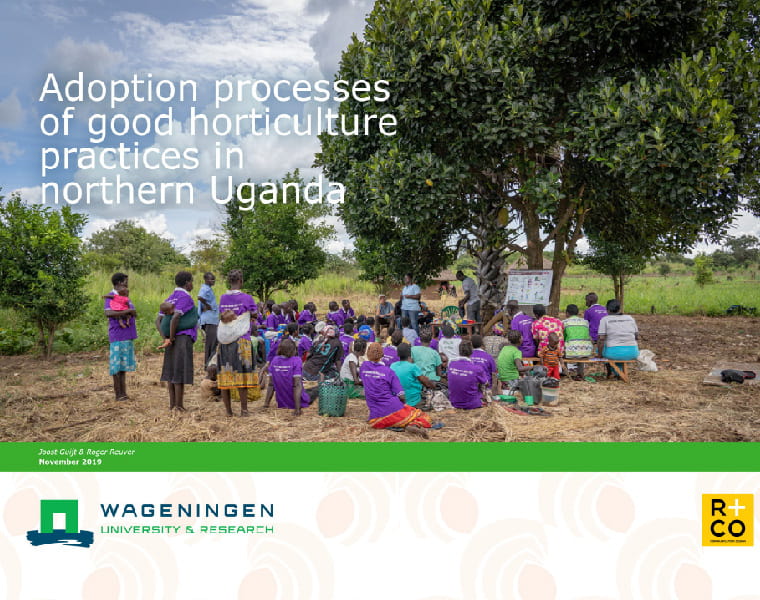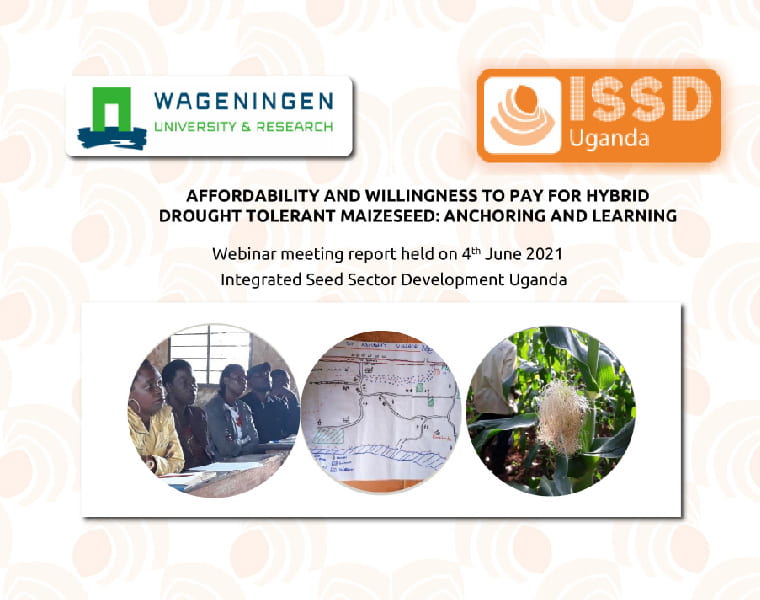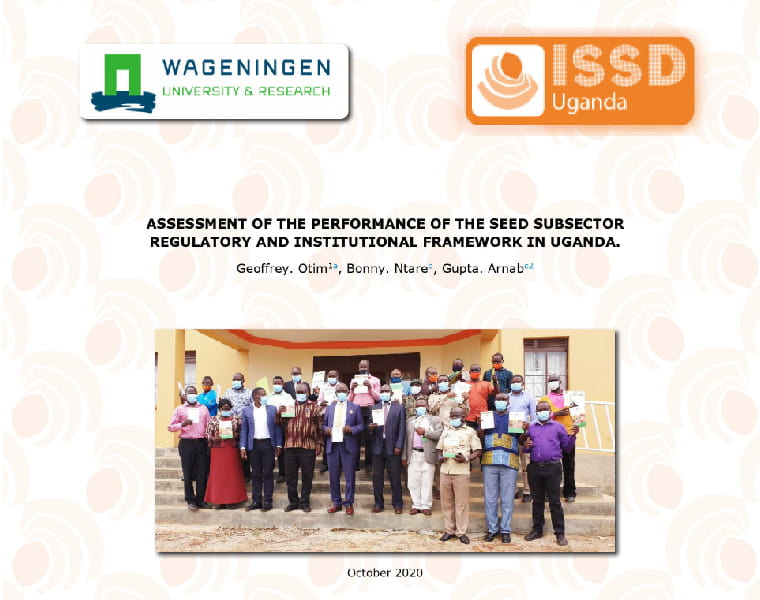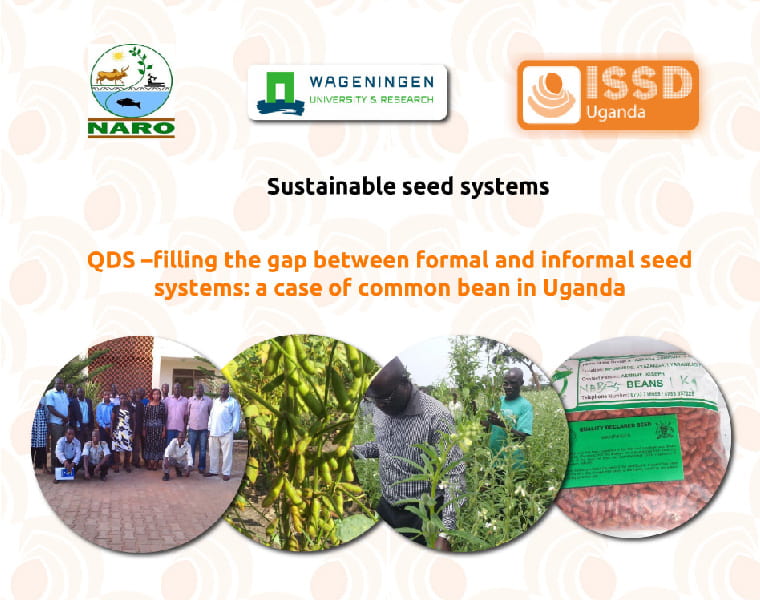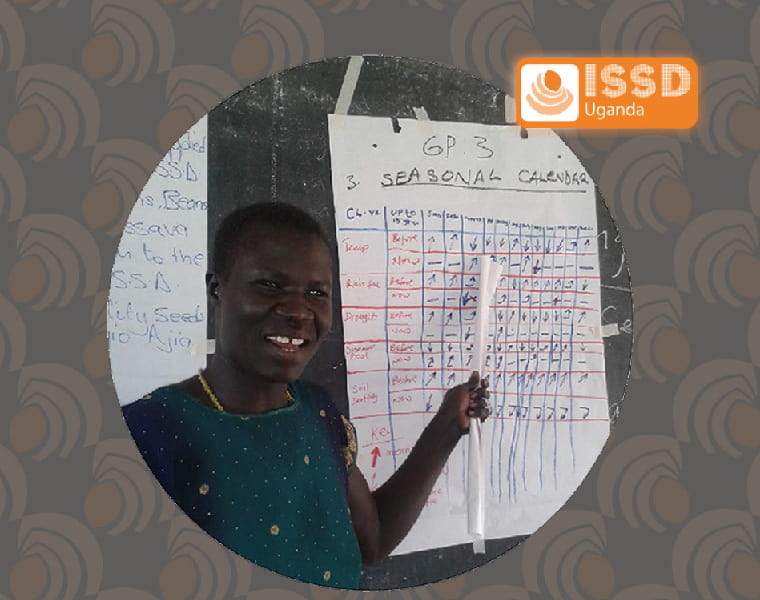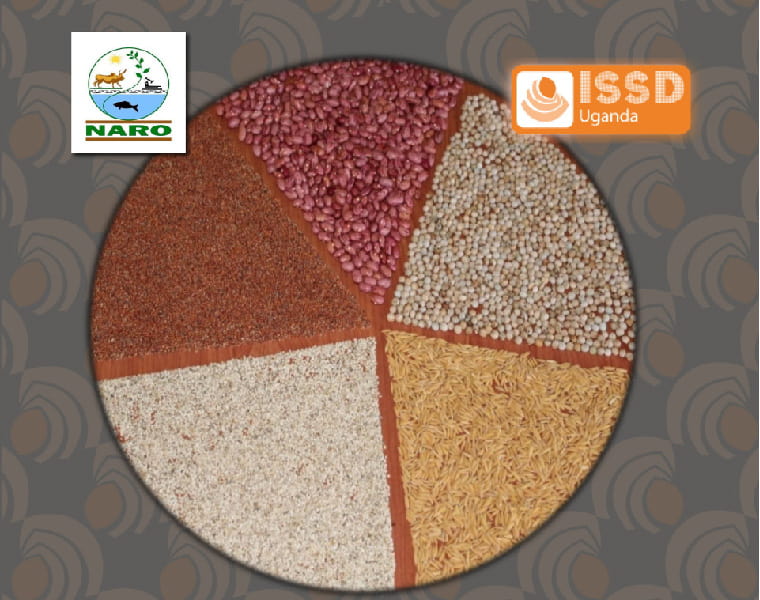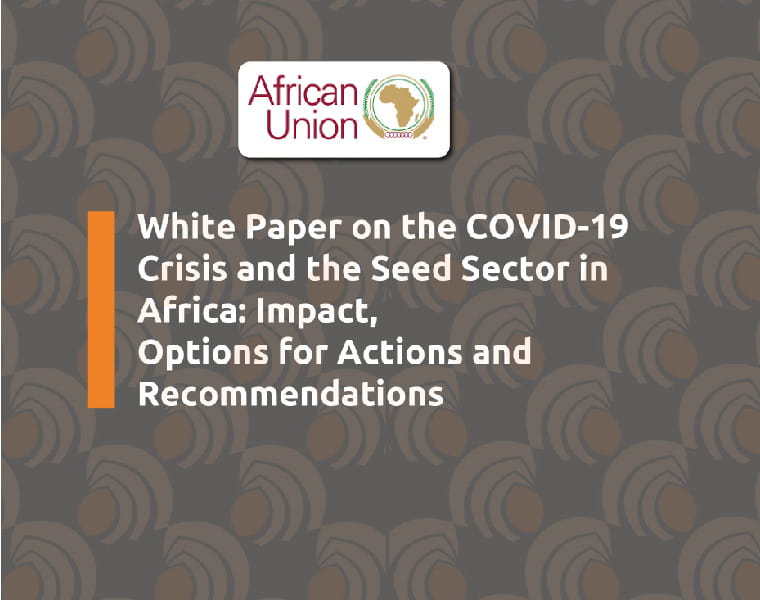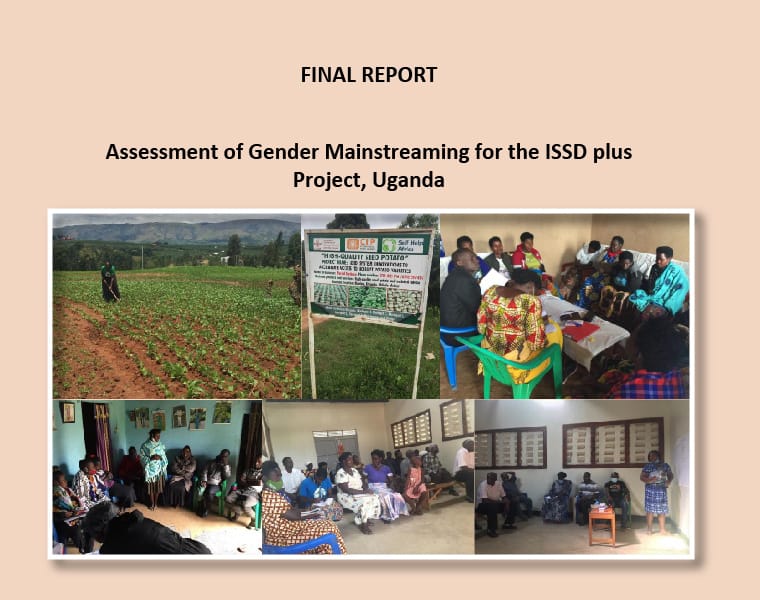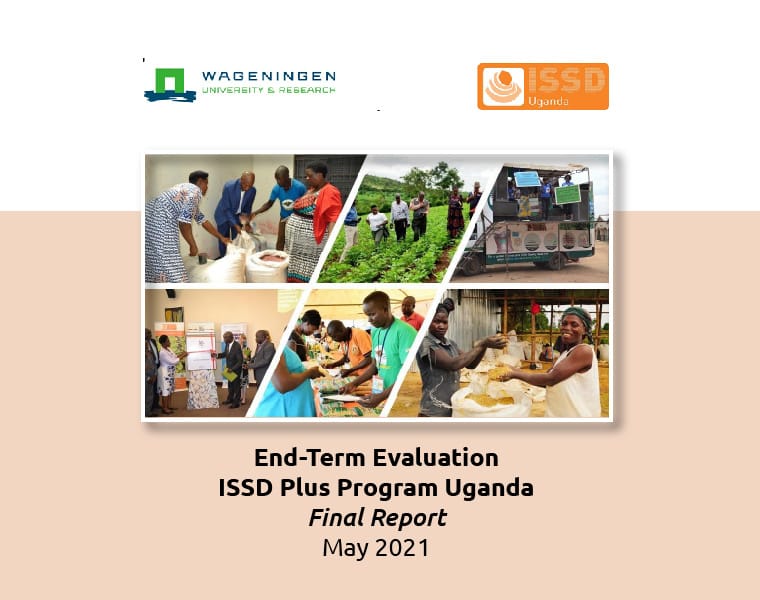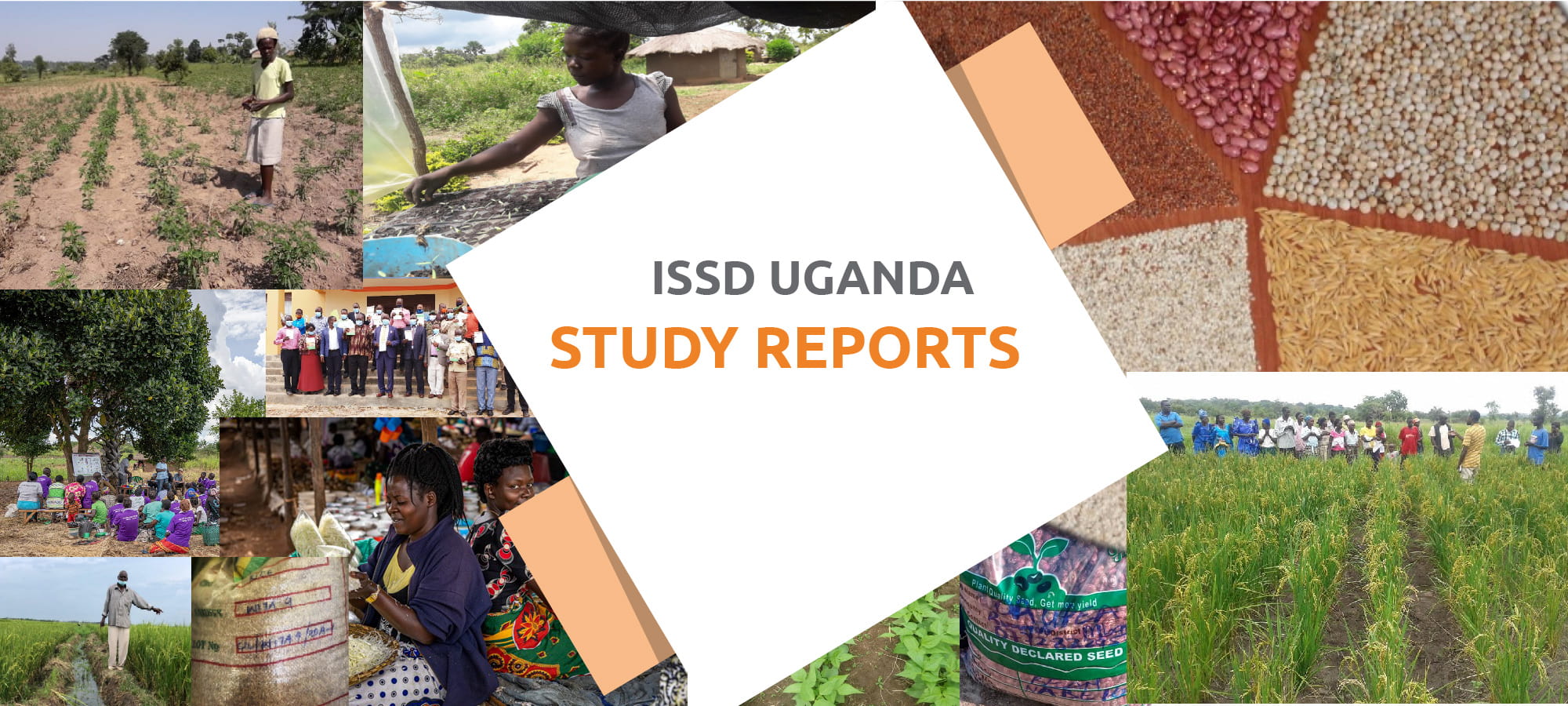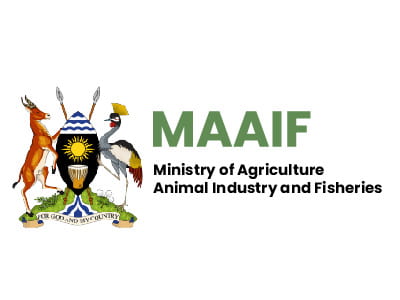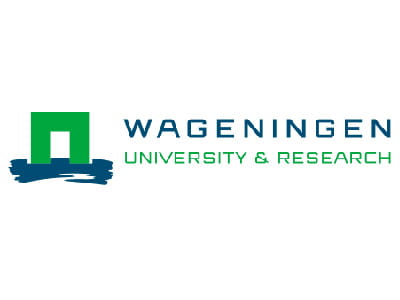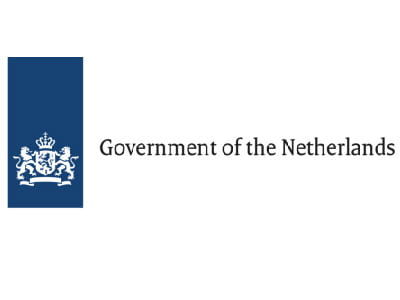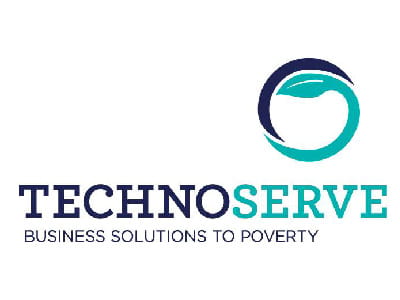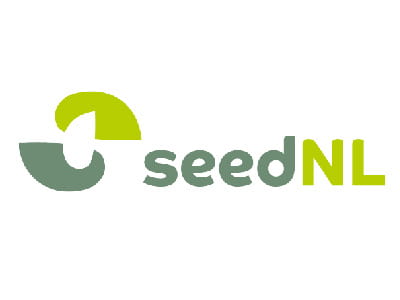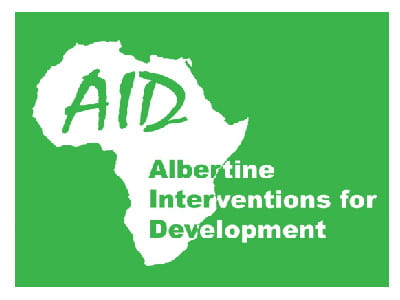The vegetable sector in Uganda has always faced a number of bottlenecks including but not limited to
limited access to and knowledge of improved varieties on the market; lack of knowledge and skills in
recommended agronomic practices; predominant use of low quality seedlings from field nurseries; high
pest and disease pressure; poor water and fertilizer use; lack of market information; inconsistency in
vegetable product quality and supply and non-conformity to phytosanitary requirements. The Integrated
Seed Sector Development (ISSD) under the 4-year ISSD Plus Project, coordinated by Wageningen Centre
for Development Innovation (WCDI), Wageningen University & Research, implemented by Wageningen
UR Uganda (WUU) and funded by the Embassy of the Kingdom of the Netherlands, Kampala intervened
to solve some of these challenges from 2017 to 2020. The ISSDPlus programme sought to strengthen the
development of a vibrant, pluralistic and market-oriented seed sector that is able to address the
highlighted challenges that hamper seed sector development in Uganda.
The aim of the Vegetable component of the ISSD Plus project is to contribute to increased earnings and
competitiveness of the vegetable sector, which would eventually contribute to improved food and
nutrition security. This has been done through implementing five strategies including; the vegetable
training of trainers (ToT) programme to improve extension services, partnering with seed companies to
set up farmer training sites and variety demonstration sites in partnership with six Dutch seed
companies, mass media campaigns through radio shows and organizing training events.
This report therefore provides findings of an adoption study commissioned by the Integrated Seed
Sector Development (ISSD) in March 2020 aimed at assessing and establishing the levels of adoption of
improved vegetable varieties and advanced vegetable production techniques which have been
promoted by vegetable component of the ISSD Plus project and its partners since 2017. The study
findings were also meant to inform the final evaluation of project in terms of impact among the targeted
key stakeholders within the vegetable value chain in Uganda.
The adoption study used a mixed-methods approach using both qualitative and quantitative data
collected from the vegetable farmers through a survey, Focus Group Discussions (FGDs), key informant
interviews and case studies from 15 out of 24 project districts. The quantitative and qualitative data
were used to answer a number of adoption study evaluation questions such as to what extent have
trained vegetable growers adopted the promoted technologies and varieties, to what extent were
variety demonstrations sites effective in promoting variety awareness and uptake, what are the reported/purported factors that enhanced or hindered adoption of advanced agronomic practices and
quality seed of improved vegetable varieties and others. The quantitative methods involved using a
pre-tested questionnaire on sampled farmers in the selected districts in Eastern, Northern, Central and
Western Uganda where the project interventions were implemented while qualitative methods such as
FGDs, key informant interviews and case studies for selected progressive farmers and seed companies
were also conducted.
Download Publication
